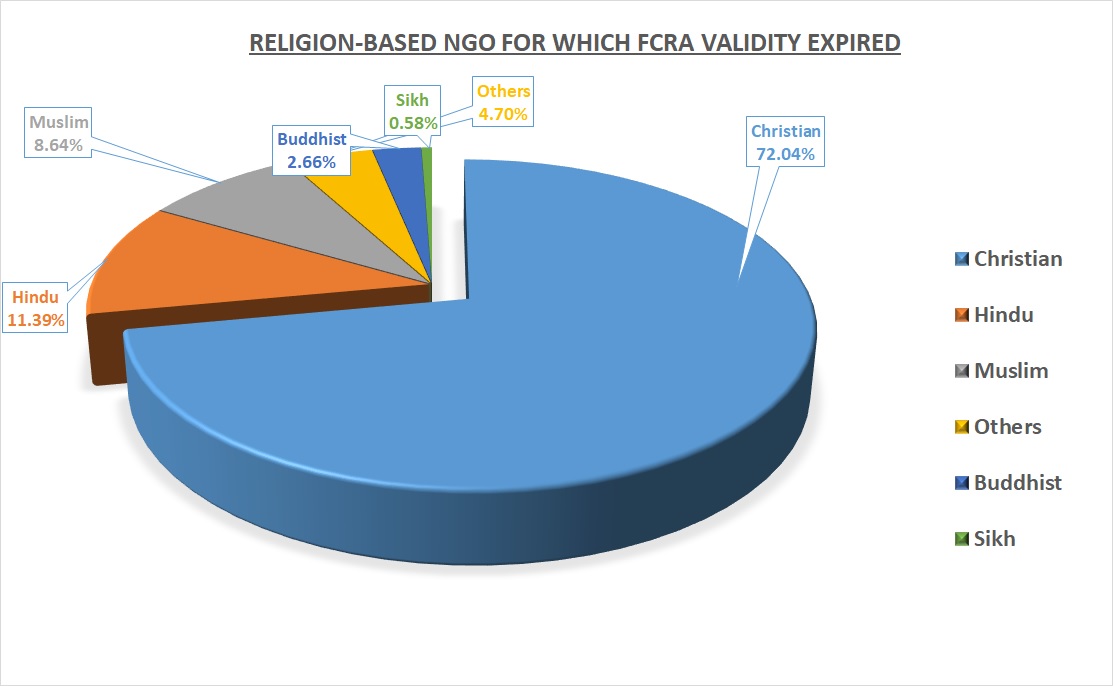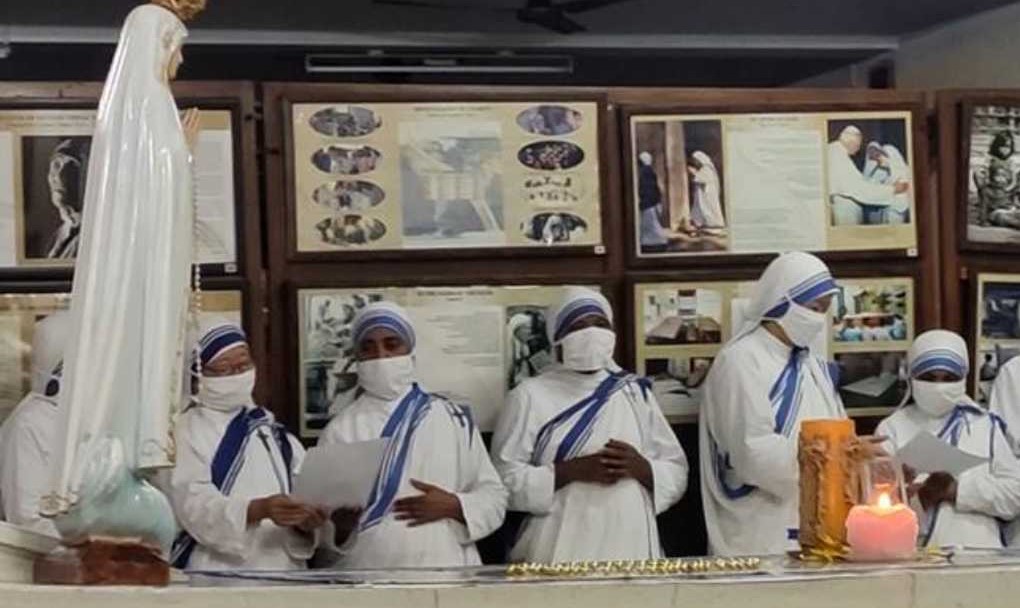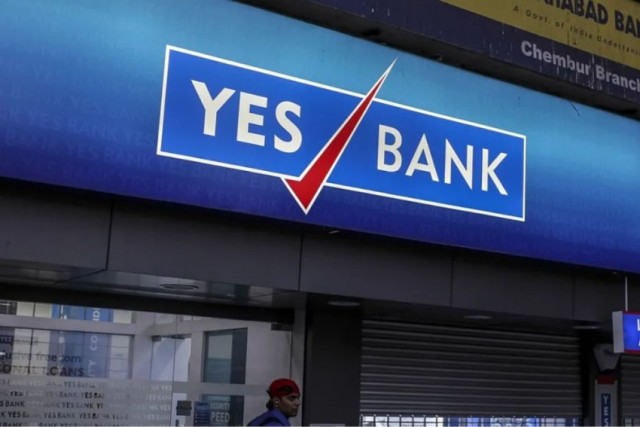New Delhi, January 2, 2022: The NGOs aligned to Christian programmes constitute more than 70 % of NGOs belonging to religious nature which are now out of FCRA list as made available by Ministry of Home Affairs.
FCRA registration is a mandatory requirement for any NGO to receive foreign funds for their activities.
According to the Ministry of Home Affairs, there are a total of 2257 religious-nature NGOs in the overall list of 12582 NGOs (nearly 6000 added on January 1, 2022) for which FCRA certificate is no longer valid as on January 2, 2022.
As a matter of fact, out of the 2257 religious-nature NGOs, a total of 1626 NGOs were registered with an intent of running social programme for Christian religion. Many of these Christian NGOs are directly or indirectly connected to different Churches across India.
This means that more than 72 % of the NGOs in the category of religious-nature NGOs belong to one particular religion. The Hindu religion-aligned NGOs are far distant at the second place with just 11 % share in the list followed by Muslim religion-aligned NGOs which constitute 8.6 % of the overall list. Buddhist and Sikh aligned NGOs are just 2.5% and 0.5 % of the list of NGOs for which FCRA certificate no longer remain valid.
Religion-wise NGOs (certificate expired) in religious-category

|
Religious nature of NGOs
|
Number of NGOs
|
|
Christian
|
1626
|
|
Hindu
|
257
|
|
Muslim
|
195
|
|
Buddhist
|
60
|
|
Sikh
|
13
|
|
Others
|
106
|
*Source: MHA; As on 10.00 am; 02 January, 2022
6000 new NGOs added to FCRA expiry list
As the new year 2022 began, the list of NGOs with expired FCRA registration increased to more than 12,000 with nearly 6,000 NGOs including the likes of Oxfam India, Jamia Millia, Tuberculosis Association of India getting added to the list as their FCRA registration ceased to exist on January 1, 2022.
The development came days after the central government refused renewal of FCRA registration of the Kolkata-based NGOs Missonaries of Charity for receiving funds from abroad. The organisation runs more than 240 homes for orphans, the destitute and AIDS patients across India. The home ministry had said that Missionaries of Charity’s application was refused for failing to meet the eligibility conditions under Foreign Contribution Regulation Act 2010 and Foreign Contribution Regulation Rules 2011.
Why did the FCRA certificate expire for NGOs in one go?
The sudden expiry of FCRA certificates in such a huge number has invited criticism for the government with a section of NGOs blaming the central government of promoting their own agenda over the programme run for people’s welfare.
However, the government has said that it has a due procedure in place to renew the FCRA certification for NGOs and any NGO can go through the standard procedure to get their FCRA registration renewed. The officials also said that FCRA registrations have ceased to exist as either the affected NGOs did not apply to renew their registration, or the government refused to sanction their applications.
According to the government laws, in case of refusal of the application for renewal of the FCRA certificate of registration, the validity of the certificate is ‘deemed to be expired’ on the date of refusal of the application of renewal. In such cases, the association is not eligible either to receive the foreign contribution or utilise the foreign contribution received.
Many NGOs however blamed the government for the disruption in their FCRA status, saying that they had applied for renewal much in advance but the government has refused to divulge reason for refusing the renewal of their applications.
The MHA on its part has cited ‘Adverse inputs received’ as reason for refusing renewal of FCRA registration for a few NGOs.
What FCRA rules say on religious activities?
The FCRA rules suggest that an association or a person can receive foreign funds for religious or social programme.
However, it restricts use of such funds for those person or association who have been prosecuted or convicted for indulging in activities aimed at conversion of religious faith.
The FCRA rules also prohibits the use of foreign contribution towards any activities which may affect harmony between religious, racial, social, linguistic, regional groups, castes or communities.



















